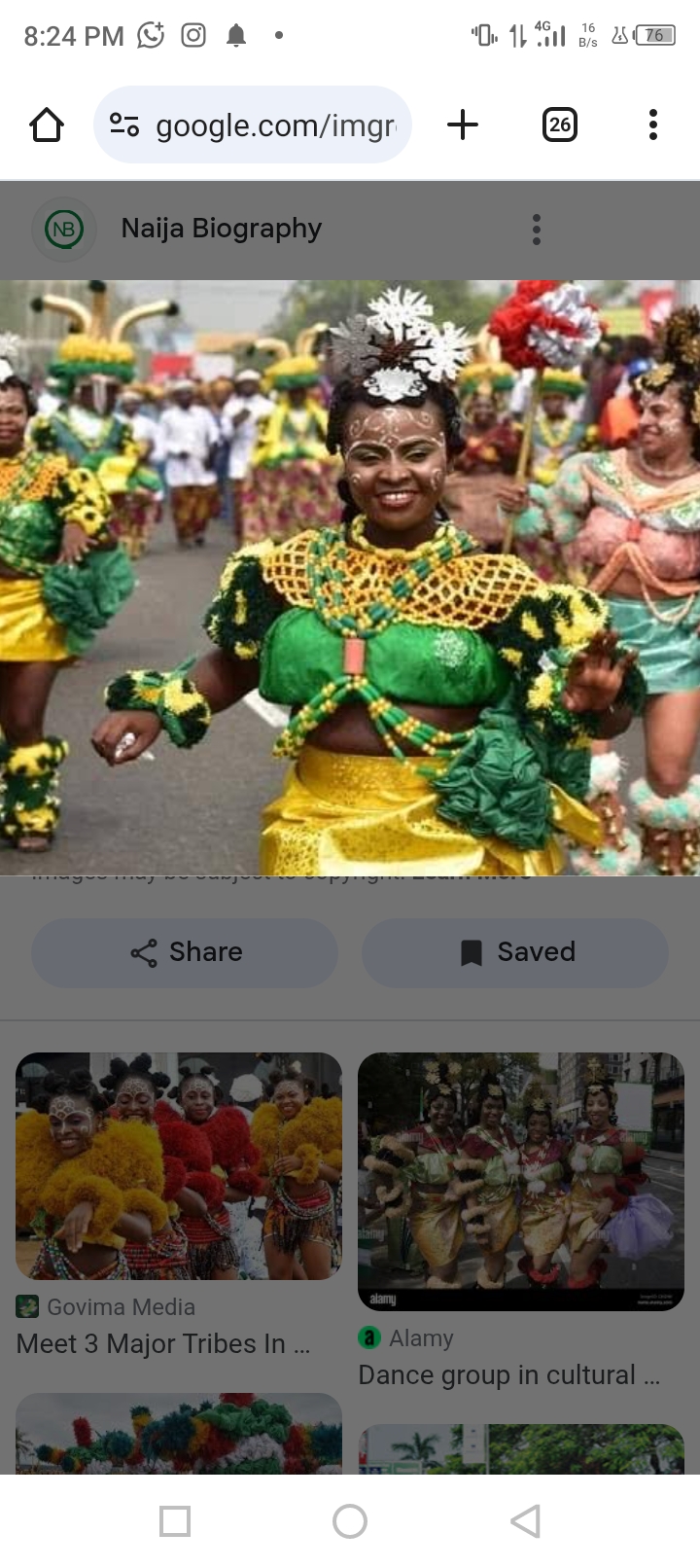
Akwa Ibom people especially the Ibibios have a rich cultural heritage ranging from traditional festivals and ceremonies etc.
The system is based on traditional rulers, clan heads, village heads, family heads.
Akwa Ibom being in the southern part of Nigeria have basically three ethnic groups namely Ibibios, Annang, and Oron.
Amongst these ethnic groups, we have a strong sense of shared identity with similar customs, traditions and language.
Fishing, farming and various works of craft are the economic activities of my people.
Asides English language, which of course is a borrowed language from the British, the main languages of Akwa Ibom people are Ibibio, Annang, Eket and Oron.
Another very important aspect of our culture is our dances.
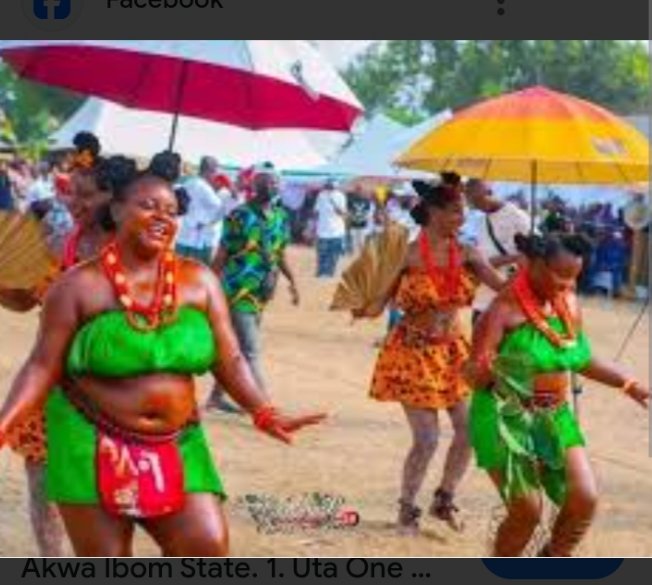
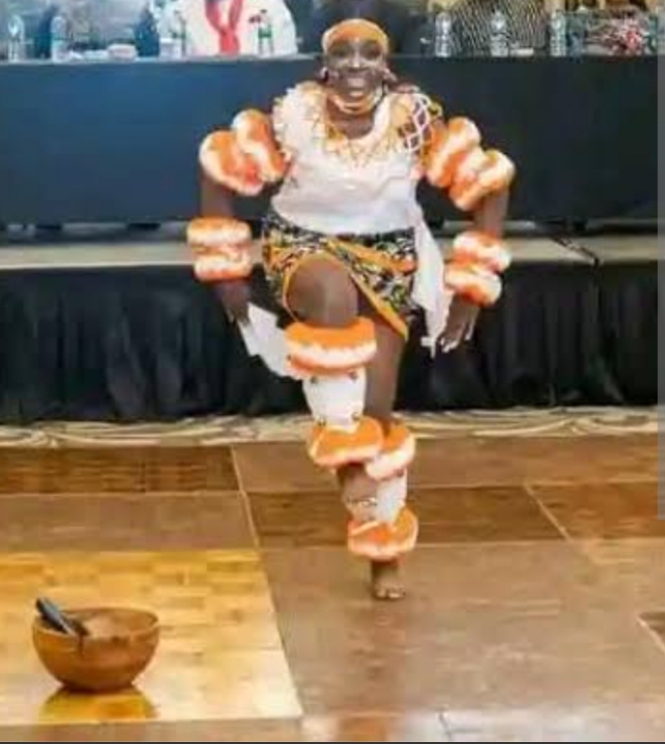
Notable dances are Uta(pictures above): This dance is mainly danced by females and it follows ryhthmic movements of the hands, feet and body with drum beats.
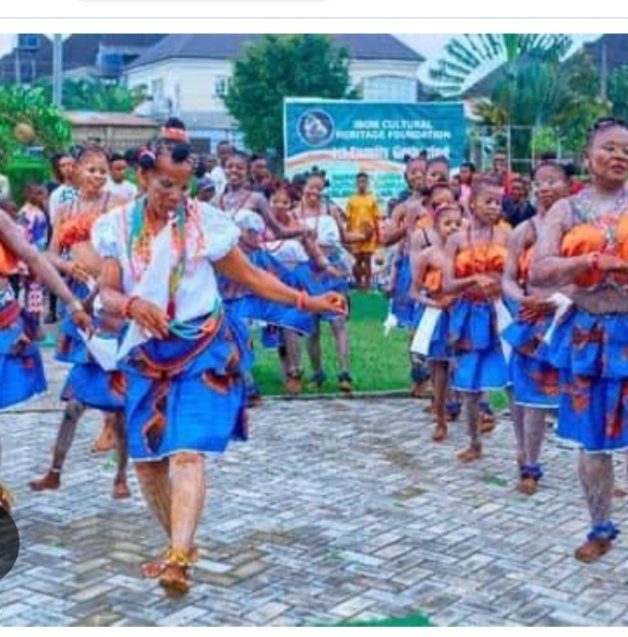
We also have a dance called Asian Uboikpa, performed by young women(maidens)showing off their beauty and innocence with slow enticing movements.
I remember those days in my secondary school (Immaculate Conception Secondary School, Itak-Ikono), I was a member of the cultural troupe and it was always fun dancing. Wish I had my pictures intact but no, I'd lost some on transit and some destroyed by dampness.
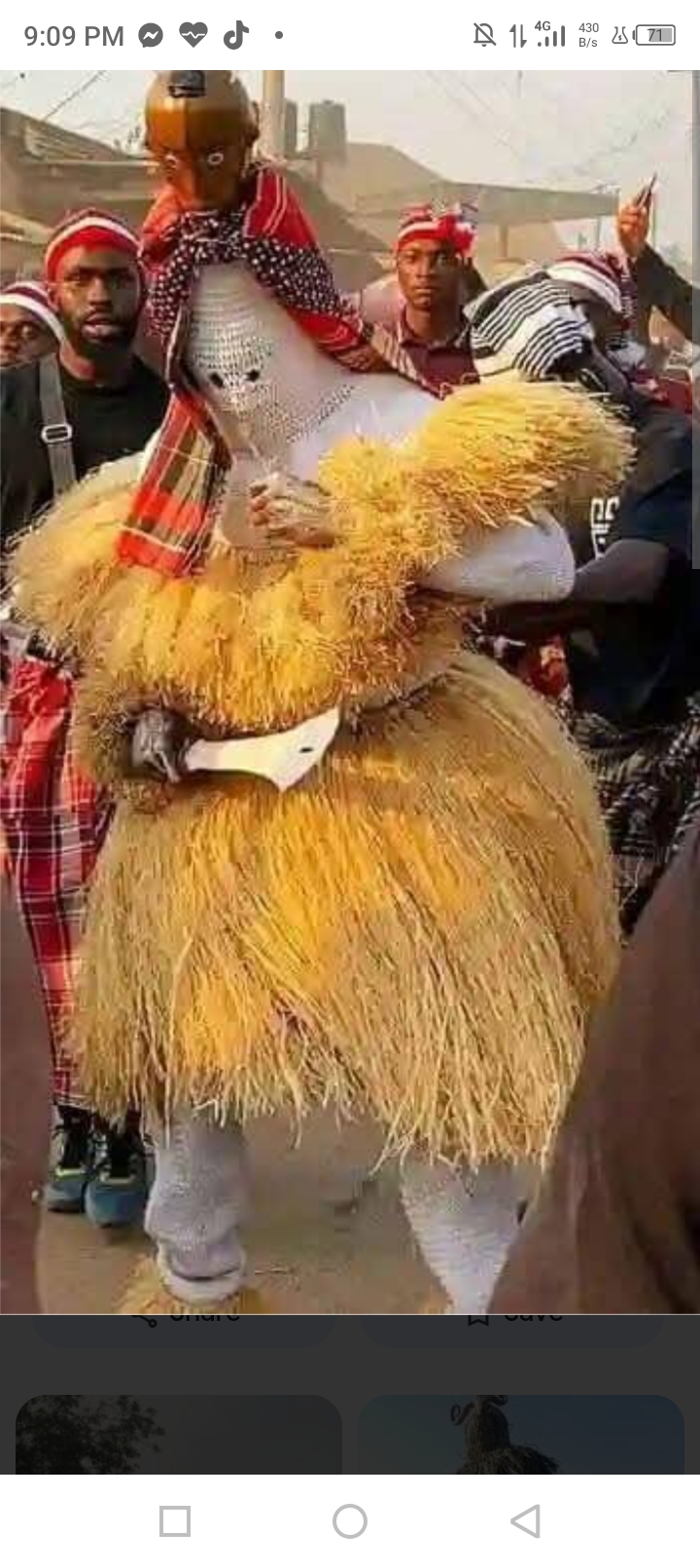
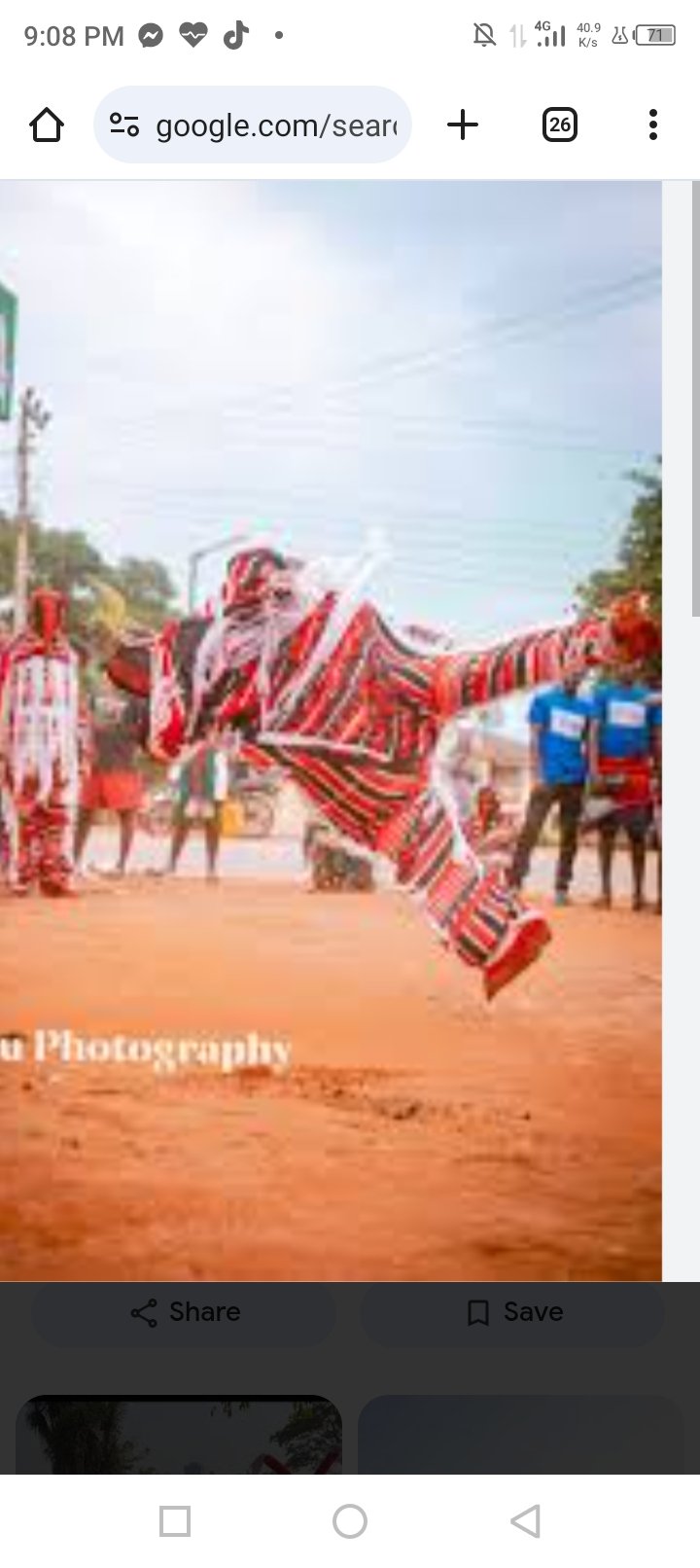
Next is the dance called "Utuekpe" meaning spider dance involving acrobatics on ropes. It's a dance by the men folk involving daring stunts on ropes tied between trees often seen as a mystical dance with spiritual connections.
Another very notable dance is the Ekombi, represented by the thumbnail picture at the beginning of this post.
This dance is very popular in the riverine areas like Itu, Okobo, Uruan, Oron, and Mbo. It's known for its wavelike movements that mimic the sea.
Others include Abañ/ Nyok abang, Ubom, unek nyoro ekpo( performed by members of Ekpo society and Ekpo maskers and mainly by men.
This post will not be complete if I fail to mention our rich and very appetizing and appealing delicacies.
Top on the list is the meal Ekpangnkukwo.
This meal is highly cherished and loved by my people. Even most strangers residing in Akwa Ibom don't joke with it at all.
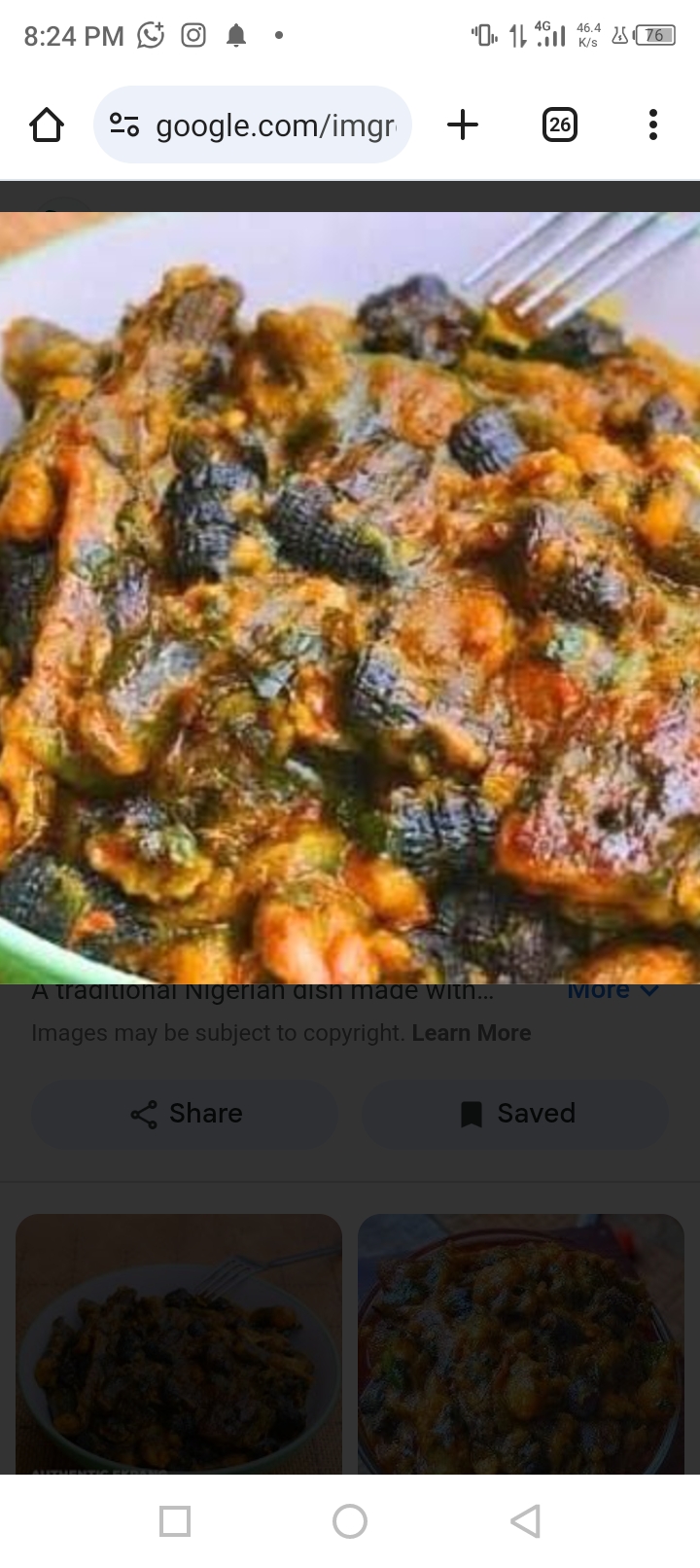
HOW IS THIS DELICACY"EKPANGNKUKWO PREPARED?
Hmmmmmm, preparation of this meal is very tasking and time consuming hence the reason why it goes for an exhobitant price in restaurants ranging from a thousand naira to five thousand or more depending on the restaurant.
Ingredients:
Ebre meaning wateryam
Ikpong meaning cocoyam
Nkukwo meaning cocoyam leaf 🍀
Mfi meaning perewinkle
Ikpaunam meaning cow skin
Nsad iyak meaning dry fish 🐟
Obu meaning crayfish
Ndek ntuen meaning fresh pepper 🫑🌶️
Adan meaning palm oil 🪔
Ntong meaning scent leaf 🌿
Ekwong meaning snail 🐌 (optional)
Seasoning cubes and other spices of choice
PROCEDURE
After peeling the water yam and cocoyam, grate or blend. Wash your cocoyam leaf, shred to desired shapes. Mix the cocoyam and wateryam paste thoroughly together with clean hands. Wash the pot, pour a portion of the palm oil, put your perewinkle. Wrap the wateryam and cocoyam mixed together with the cocoyam leaf bit by bit into the pot.
Put your pepper, crayfish, fish salt etc and put the pot on fire. Pour in hot water and allow to boil for a considerable time. When almost ready, pour in your scent leaf and allow to boil for 2mins.
Your delicious Ekpangnkukwo is ready for consumption.
You can use spoon or hand to devour this sumptuous meal.
Traditionally, it's enjoyed using clean hands.
You'll agree with me that Akwa Ibom State is richly blessed with a rich cultural heritage. Time would fail me to delve into the traditional dressing of my people.
This is so meeeee. I love my tradition.
Sincere thanks to everyone for your time and for such opportunity to showcase my tradition through this medium.
@ijelady @chydolar1 @ ogechukwu-martha @ angelaeffiong @ killgate
I challenge you to show a slice of your world #HiveAroundTheWorld challenge
Pictures not mine please
SOURCE: Google chrome





